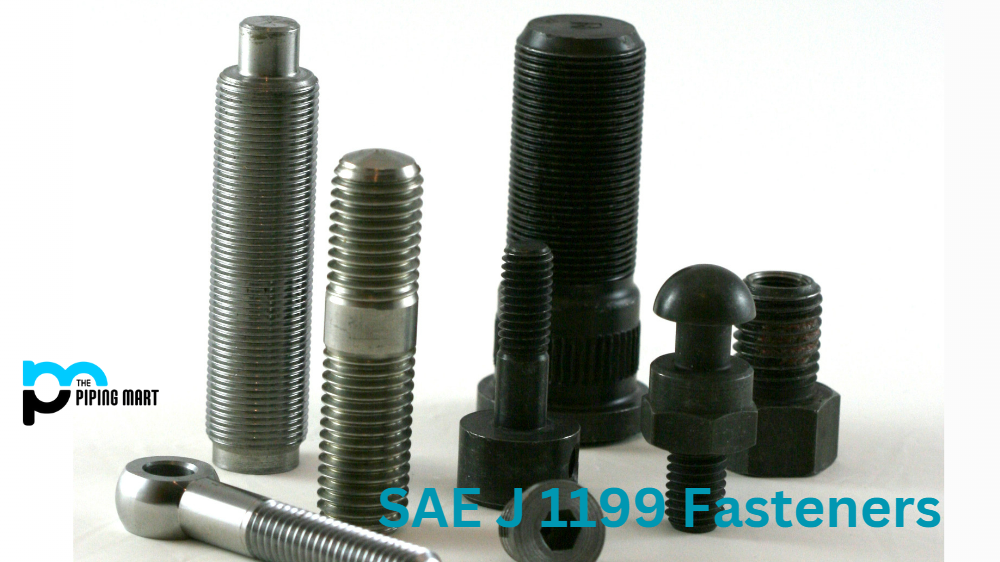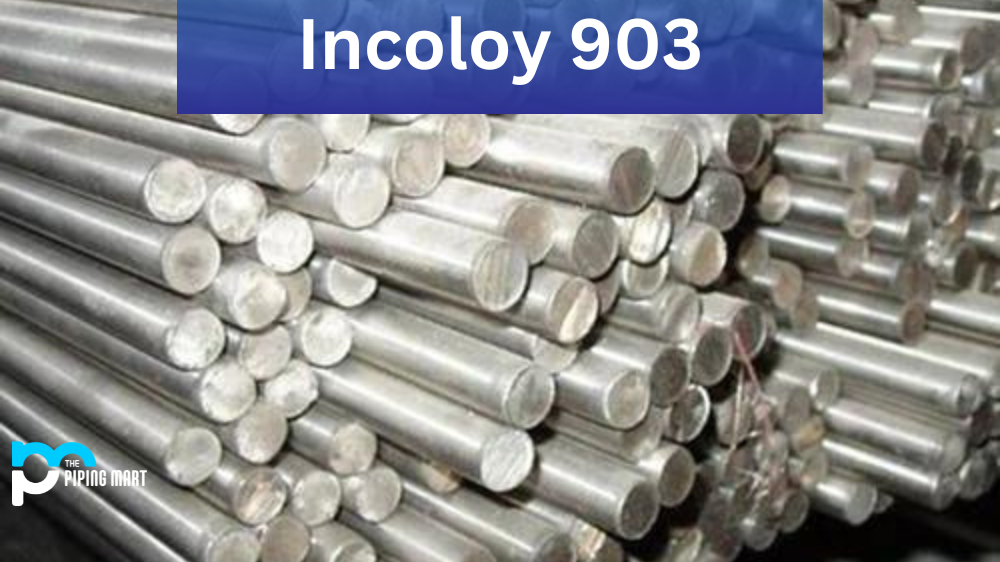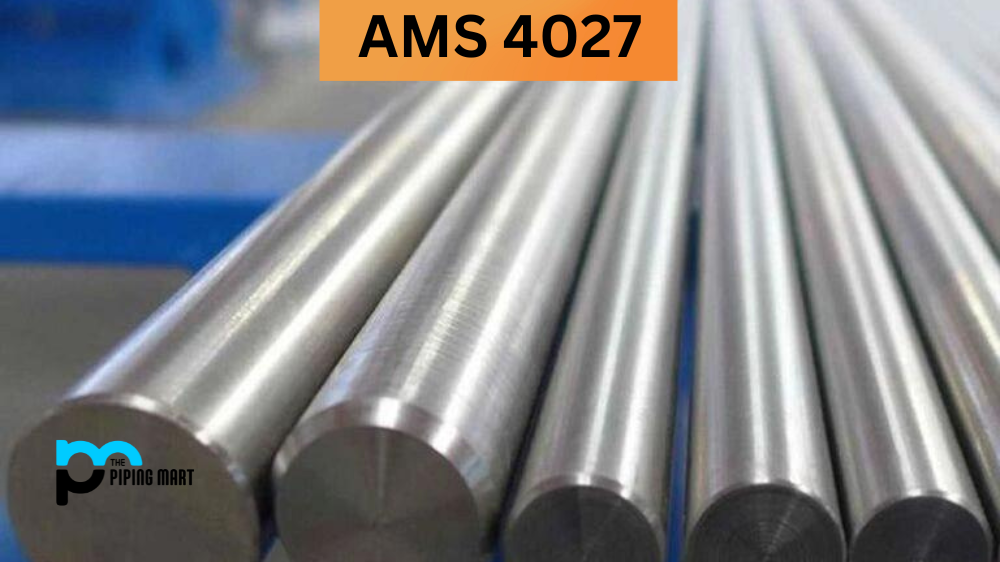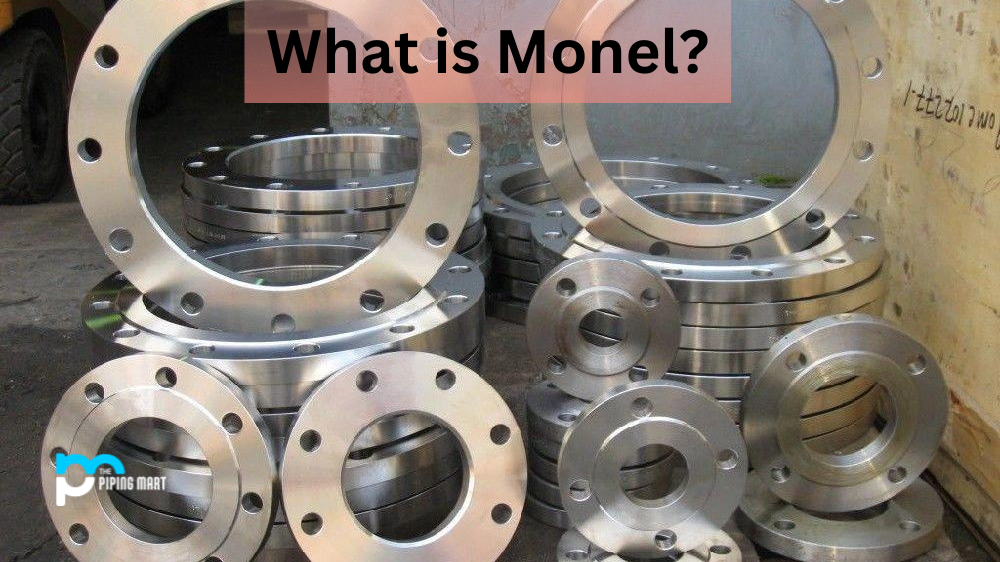Fasteners are crucial in manufacturing any machinery, automobile or aircraft designed to withstand extreme conditions. One such type of fastener that has widespread use in various industries is SAE J 1199 fastener. These fasteners are made from high-performance alloys and are designed to withstand harsh and extreme environmental conditions. This blog post will provide a comprehensive guide to SAE J 1199 fasteners, including their composition, mechanical and physical properties, corrosion resistance, heat treatment, machining, and welding.
What are SAE J1199 Fasteners?
SAE J1199 fasteners are high-strength, self-locking nuts and bolts used in the automotive industry. They provide superior performance under extreme vibration conditions, with enhanced corrosion resistance due to their zinc chromate finish. With an ultimate tensile strength of 170 ksi (1,173 MPa), these fasteners are ideal for any automotive application where durability is critical.
SAE J1199 Composition
SAE J 1199 fasteners are made of a combination of iron and carbon, along with other elements such as nickel, chromium, and molybdenum. This ensures the fasteners are strong, durable, and wear and tear-resistant. These fasteners are designed to handle high-stress levels and extreme temperatures, making them ideal for heavy machinery, equipment, aircraft, and the aerospace industry.
SAE J1199 Mechanical Properties
SAE J 1199 fasteners have excellent tensile strength, making them capable of withstanding high levels of stress and tension without breaking or bending. They also have high yield strength, low ductility, and moderate hardness. Additionally, SAE J 1199 fasteners have excellent fatigue resistance, which allows them to withstand cyclic loading without failure.
SAE J1199 Physical Properties
SAE J 1199 fasteners have high melting points and low thermal expansion, making them suitable for high-temperature applications. They also possess high electrical conductivity, useful in the aerospace and automotive industries.
SAE J1199 Uses
SAE J 1199 fasteners are commonly used in the automotive and aerospace industries, where high-performance alloys are required. These fasteners are also used in marine, chemical, and petrochemical engineering, as well as in heavy machinery and equipment.
SAE J1199 Corrosion Resistance
SAE J 1199 fasteners exhibit excellent corrosion resistance, making them suitable for harsh and corrosive environments. This is due to the presence of chromium in their composition, which creates a passive oxide layer on the surface of the fasteners, preventing oxidation and corrosion from occurring.
SAE J1199 Heat Treatment
SAE J 1199 fasteners can undergo heat treatment to enhance their physical and mechanical properties. This includes processes such as annealing, quenching, and tempering. These processes alter the microstructure of the fasteners, resulting in increased strength, durability, and resistance to wear and tear.
SAE J1199 Machining
SAE J 1199 fasteners can be machined using conventional turning, milling, and drilling techniques. However, due to their high strength and hardness, they may require special machining techniques, such as grinding. It is also essential to use lubricants during machining to prevent overheating and reduce tool wear.
SAE J1199 Welding
SAE J 1199 fasteners can be welded using conventional welding techniques such as gas welding, arc welding, and resistance welding. However, special welding techniques may be required due to their high strength and low ductility. It is essential to use appropriate welding filler materials for a successful weld and to avoid defects.
Conclusion
In conclusion, SAE J 1199 fasteners are popular in various industrial applications due to their high strength, excellent corrosion resistance, and durability. Their unique composition and mechanical properties make them ideal for extreme and high-stress environments. Following appropriate heat treatment, machining, and welding techniques is essential to ensure the best performance. By understanding the composition, physical and mechanical properties, and proper usage of SAE J 1199 fasteners, you can make informed decisions when selecting the correct fasteners for your industrial needs.

Abhishek is a seasoned blogger and industry expert, sharing his insights and knowledge on various topics. With his research, Abhishek offers valuable insights and tips for professionals and enthusiasts. Follow him for expert advice on the latest trends and developments in the metal industry.




